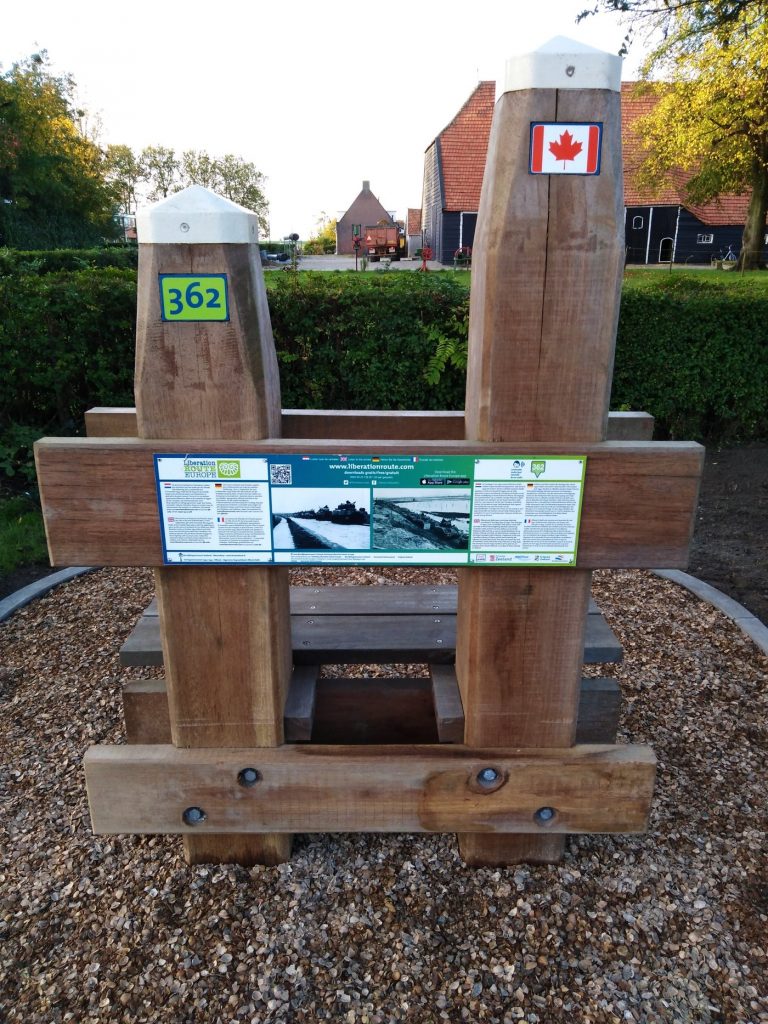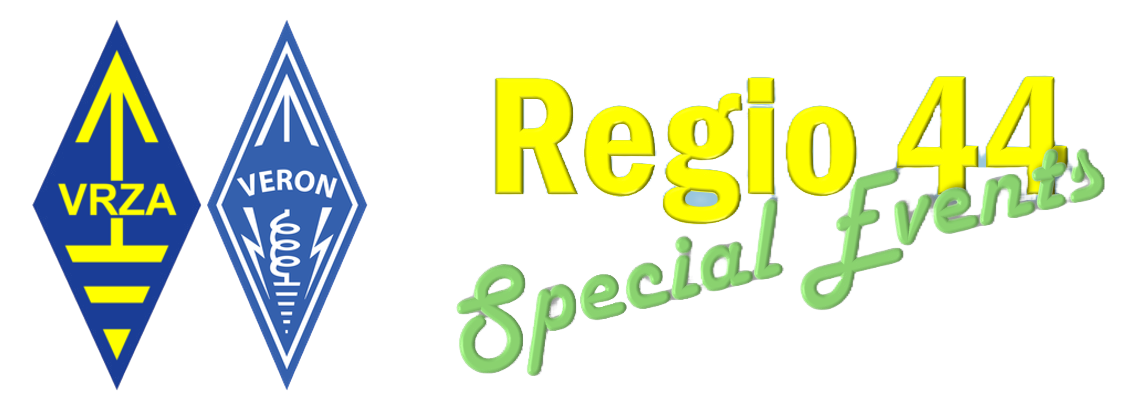Activating PB75RILLAND
Read here about liberation of the Dutch village Rilland at the end of WWII.
Part of the Battle of the Scheldt
Rilland-Bath was one of the first villages on the Bevelanden to be liberated during the Second World War. On 25 October 1944, Canadian troops set foot ashore and drove out the German occupiers.
The liberation of Rilland was part of Operation Vitality, the third phase of the Battle of the Scheldt. The aim of this operation was to liberate the Zuid-Beveland peninsula from the German troops. The Allies not only had to overcome the German resistance, but also the difficult terrain of the polders.
In contrast to other areas, the liberation of Rilland was relatively quick and without too many fights. The Germans surrendered “easily” in the early morning of October 25 when the Canadian troops approached.
The liberation of Zuid-Beveland was an essential part of the Battle of the Scheldt, one of the bloodiest campaigns of the Second World War on Dutch soil. This operation was crucial for the Allies to be able to use the port of Antwerp and thus shorten their supply lines.
Keeping the past alive
In 2019, the special call PB75RILLAND commemorated the fact that on the 25th of October 1944 Rilland-Bath was the first village on the Bevelanden to be liberated by the Canadians.
In the period between 1 and 29 November 2019, PB75RILLAND was active in CW and SSB. We were regularly qrv on both the HF and VHF bands. During the VRZA Dutch Locator Contest (NLC) there was also a broadcast with this call, but from the VRZA ZWN Clubshack in Vlissingen (locator JO11TK).
Liberation Route
The Liberation Route Europe is a growing, international commemorative route that connects milestones in European history. The route forms a link between the most important regions during the advance of the Allies.
The aim of the route is to create a common awareness for the importance of freedom, to commemorate the Second World War and to celebrate and cherish freedom for the future.

